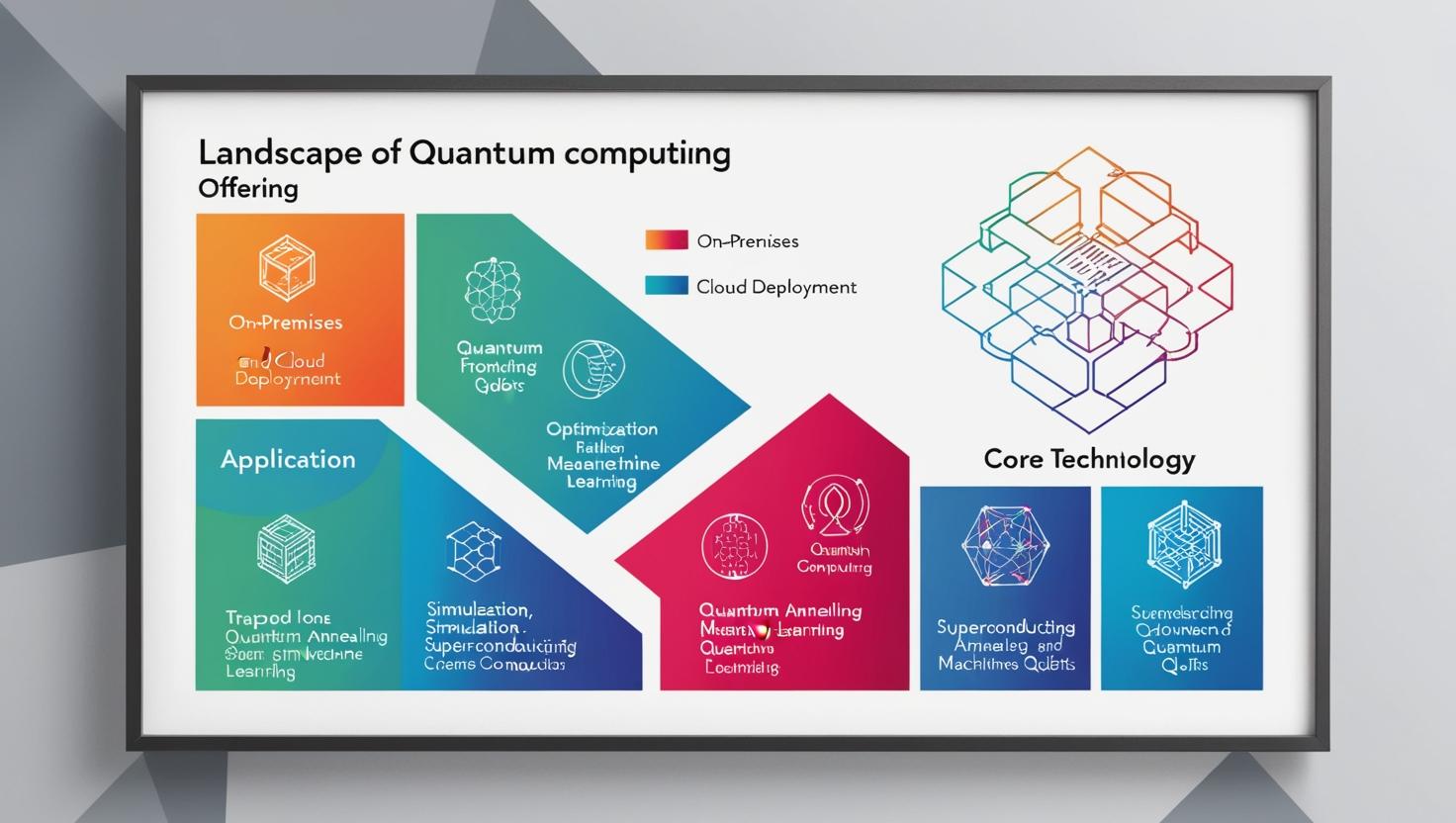As the world races toward next-gen computing, artificial intelligence (AI) in quantum computing are converging to unlock capabilities once thought impossible. The synergy between these two transformative technologies is poised to redefine industries, from pharmaceuticals and finance to logistics and cybersecurity.
The Role of AI in Quantum Error Correction
Quantum computing is heavily reliant on qubits, which are incredibly susceptible to environmental noise and errors. The delicate nature of quantum information makes error correction crucial for the advancement of quantum computing, but traditional methods are often inadequate.
AI-driven quantum error correction plays an increasingly important role. Machine learning techniques can predict qubit behavior and optimize error-correction algorithms in real-time, allowing quantum computers to operate at higher efficiency and stability. AI’s ability to handle large datasets and recognize patterns is being leveraged to identify sources of errors faster, making error correction a less computationally intensive process.
Quantum Machine Learning: Revolutionizing Data Science
One of the most exciting intersections of AI and quantum computing lies in quantum machine learning (QML). This emerging field explores how quantum computers can enhance machine learning algorithms. Quantum computing offers exponential speed-ups for specific tasks like data classification, clustering, and regression analysis, all fundamental tasks in machine learning.
By leveraging quantum parallelism, where quantum computers can evaluate multiple possibilities simultaneously, QML could exponentially speed up training times for models, particularly in fields requiring massive amounts of data, like genomics, climate modeling, or natural language processing (NLP). For instance, a quantum algorithm designed for image recognition could vastly outperform classical counterparts, enabling computers to process vast datasets more efficiently.
Download PDF Brochure @
https://www.marketsandmarkets.com/pdfdownloadNew.asp?id=144888301

AI-Optimized Quantum Simulation and Modeling
In fields like chemistry and material science, simulation and modeling are critical in predicting molecular structures and interactions. Traditional supercomputers have made strides in simulating quantum systems, but they still face limitations when trying to model extremely complex quantum systems at scale.
AI-powered quantum simulations hold the key to overcoming these limitations. AI can improve the efficiency of quantum simulations by optimizing the parameters involved and predicting the behavior of quantum systems without the need to perform all the expensive calculations manually. This integration is especially relevant in drug design, where quantum simulations can explore molecular structures, protein folding, and other biochemical interactions that are otherwise computationally expensive.
Financial Market Impact: Quantum Computing Meets AI for Real-Time Trading
Quantum computing promises to revolutionize the financial sector by solving complex optimization problems, analyzing market trends in real-time, and improving risk assessments. However, this requires a deep synergy with AI.
In algorithmic trading, quantum computers can identify patterns in financial data that classical computers would take years to uncover. AI-powered quantum systems can assess massive datasets for price fluctuations, predict stock movements, and even assess potential market crises much more efficiently. For banks and investment firms, quantum computing could facilitate real-time decision-making, offering a competitive edge in the global financial markets.
Additionally, AI models enhanced by quantum capabilities could improve portfolio optimization and risk management strategies, helping firms manage large volumes of unpredictable data faster than ever before.
AI and Quantum Computing in Cryptography and Security
One of the most significant concerns surrounding quantum computing is its potential to break existing encryption systems, threatening the security of digital communications. However, the fusion of AI and quantum cryptography may lead to a new wave of quantum-safe encryption solutions.
While quantum computers have the power to crack traditional cryptographic algorithms like RSA and AES, quantum encryption algorithms such as quantum key distribution (QKD) and quantum secure communication, combined with AI, will make encryption more secure and harder to breach. AI can play a crucial role in enhancing these encryption techniques, ensuring better protection of data even in the quantum age.
Challenges and Roadblocks for AI and Quantum Integration
Despite the promising potential, the convergence of AI and quantum computing still faces several challenges:
-
Hardware Limitations: Quantum computers are still in their infancy, with hardware requiring vast improvements in qubit stability, error correction, and scalability. AI’s capabilities cannot reach their full potential unless quantum computers are capable of maintaining error-free computations at a larger scale.
-
Talent Shortage: The intersection of AI and quantum computing requires experts who understand both quantum physics and machine learning. There’s a shortage of such cross-disciplinary talent, slowing progress in realizing the full potential of these technologies.
-
High Costs: Building quantum infrastructure is costly, and many companies are hesitant to invest in quantum systems before they demonstrate real-world capabilities. While AI is already integrated into classical systems, quantum computing still faces financial roadblocks in widespread adoption.
-
Algorithm Development: Developing quantum machine learning algorithms that outperform classical models is still an ongoing process. While promising, the algorithms must become more efficient, practical, and scalable for real-world applications.
The Future Outlook: How AI Will Shape the Quantum Computing Landscape
As AI and quantum computing continue to mature, they will undoubtedly reshape multiple industries, leading to the creation of new markets and innovative solutions:
-
Healthcare: Quantum-enhanced AI can revolutionize personalized medicine, improving drug discovery, and disease treatment. By simulating molecular interactions at a quantum level, AI-powered quantum systems will be able to propose highly accurate solutions for complex medical problems.
-
Artificial Intelligence: The symbiosis between AI and quantum computing could lead to next-generation AI models that are much more powerful, capable of handling more intricate tasks and understanding more complex data structures.
-
Space Exploration: Quantum-powered AI could play a crucial role in processing massive datasets from space missions, leading to new discoveries and faster innovations in the space sector.
Conclusion: The Quantum Leap of AI
The combination of AI and quantum computing is nothing short of revolutionary. By enhancing quantum algorithms, speeding up hardware development, and transforming industries, this partnership promises a new frontier of computational power that will redefine industries and societal challenges. While the journey is still in its early stages, the future of AI-powered quantum computing is bright, with transformative applications unfolding in real time.
